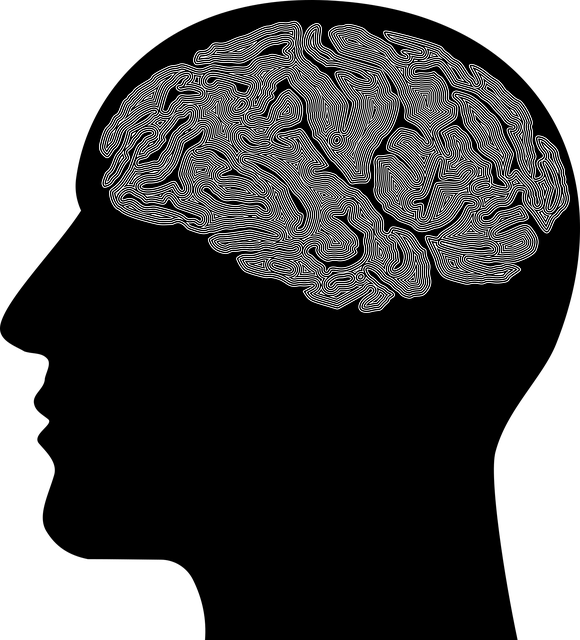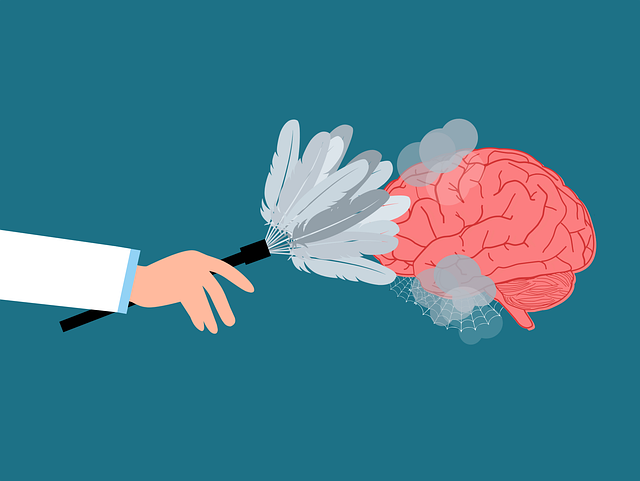"Therapy for Young Adults with Conduct Disorder offers targeted, evidence-based strategies to tackle behavioral challenges. From CBT for impulse control to group therapy and creative self-esteem building, this approach holistically addresses complex needs. By empowering individuals with positive coping skills and peer support, the goal is to foster personal growth, improve decision-making, and enhance overall well-being."
“In the realm of mental health care, risk management planning is an indispensable tool for professionals navigating complex patient needs. This article delves into the intricacies of risk assessment and management within therapy settings, focusing on a pressing issue: conduct disorder in young adults. We explore effective strategies to mitigate risks, emphasizing the importance of comprehensive risk management plans. By understanding these approaches, therapists can enhance patient safety and deliver optimal care, especially when dealing with this challenging diagnosis.”
- Understanding Risk Assessment and Management in Mental Health Therapy
- Strategies for Mitigating Risks with Young Adults Having Conduct Disorder
- Building a Comprehensive Risk Management Plan for Optimal Patient Care
Understanding Risk Assessment and Management in Mental Health Therapy

Strategies for Mitigating Risks with Young Adults Having Conduct Disorder

Addressing risks with young adults suffering from conduct disorder requires a multi-faceted approach, especially within the context of mental health professional practices. Firstly, individualised therapy sessions tailored to their specific needs can be highly effective. Cognitive Behavioural Therapy (CBT), for instance, equips these individuals with skills to manage impulses and understand the consequences of their actions, fostering better decision-making abilities. Additionally, group therapy sessions facilitate social interaction and peer support, promoting a sense of belonging and reducing feelings of isolation, which is crucial in mitigating risks associated with conduct disorder.
Promoting self-esteem improvement and mental health awareness through therapeutic activities can significantly contribute to risk management. Encouraging participants to engage in creative outlets or sports can enhance their sense of accomplishment and boost self-worth. Teaching mind over matter principles empowers them to challenge negative thoughts and beliefs, replacing them with more positive and adaptive coping strategies. This holistic approach ensures that young adults with conduct disorder receive comprehensive support, not just for their behavioural issues but also for their overall mental health and well-being.
Building a Comprehensive Risk Management Plan for Optimal Patient Care

In developing a comprehensive risk management plan for mental health professionals focusing on therapy for young adults with conduct disorder, several key elements must be addressed. This includes identifying potential risks and hazards unique to this population, such as impulsive behaviors, aggression, or co-occurring disorders. A robust plan should incorporate strategies tailored to mitigate these risks, ensuring a safe and supportive therapeutic environment.
Effective risk management involves proactive measures like implementing structured routines, clear boundaries, and evidence-based interventions designed to enhance emotional regulation. Additionally, fostering positive thinking through techniques like cognitive-behavioral therapy (CBT) can significantly contribute to patient care. Regular staff training and ongoing public awareness campaigns development about conduct disorder are also essential components of a comprehensive risk management strategy, fostering an informed and compassionate support system for young adults in need.
Effective risk management planning is an indispensable component of quality mental health care, especially when treating at-risk populations like young adults with conduct disorder. By integrating strategies from each of these key areas—risk assessment, specific interventions tailored to conduct disorder, and comprehensive planning—mental health professionals can ensure they’re equipped to provide optimal patient care. This holistic approach not only mitigates potential risks but also fosters a supportive environment that promotes positive outcomes for young adults engaging in therapy for conduct disorder.












